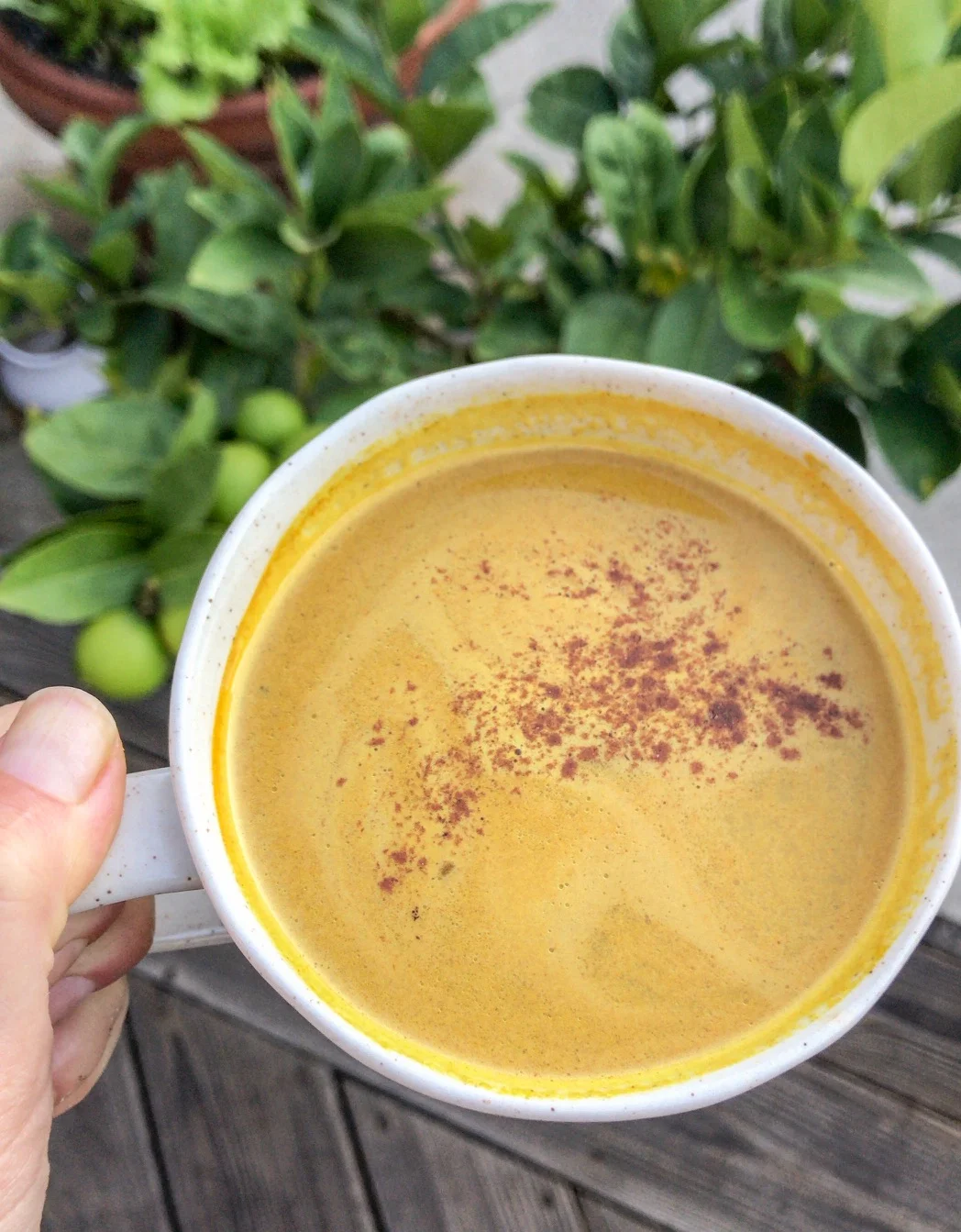Reducing Chronic Inflammation for Better Health
/Inflammation has been shown to be a factor in a number of chronic illnesses, including type II diabetes, cardiovascular disease, asthma and Alzheimer’s. Researchers are still investigating the causes and processes involved, but it has become apparent that our lifestyle choices have a huge role to play in the development, management, and prevention of disease. To me, this is empowering. Our health is not singularly predetermined by genetics, as once thought, but we actually have some control over how we feel.
First, let’s take a moment to appreciate our bodies and all that they do for us. Even though things may go awry, inflammation is really the body trying to protect us. When there is a perceived threat, the immune system kicks into gear to try and localize the injury and prevent greater damage. This activation can be caused by a number of things, including pathogens, allergens, stress, injury, toxins or free radicals.
So if inflammation is meant to be helpful, then why are we interested in reducing it? The danger comes from unresolved, chronic inflammation. Our inflammatory response is mean to be acute - reacting to the threat, activating the necessary pathways, and then resolving the issue and returning to normal, or homeostasis. When the inflammation is not resolved, or the perceived threat does not go away, our body stays in this constant state of immune activation and inflammation. This may be due to an underlying medical issue such as infection or autoimmune condition, or it may be related to environmental toxins, food allergies or sensitivities, or even stress. This ongoing inflammatory response can damage tissues and contribute to many common symptoms, including eczema, fatigue, brain fog, weight gain and even mood disorders.
So what can we do? It is reassuring to know there are changes we can make and daily habits we can create that will help reduce inflammation and support the bodies’ natural healing processes.
1. Take a look at your food. Everything we eat has the potential to help us or hurt us. Some foods trigger the inflammatory cascade in our body, others can help to calm and reduce inflammation. An anti-inflammatory diet is a based on real, whole, unprocessed food without toxins and added chemicals. It includes lots of different plant foods, including vegetables, fruit, nuts and seeds, herbs and spices. It is low in sugar, alcohol, processed foods, refined grains, damaged fats and preserved meats.
2. Don’t stress. When we experience stress, whether real or perceived, it has physiological effects on the brain and body, one of which can be to activate the inflammatory response. Again, this reaction is meant to protect us. Think of fight or flight - we run from the bear that’s chasing us, and either get away or get killed. We fight the bear, and either win or get killed. In either scenario, the stressor goes away and the issue is resolved, allowing the body to return to its normal state (assuming the bear didn’t kill us). However in modern life, this is often no longer the case. Work, relationships, constant stimulation and pressures, can keep our stress response constantly activated, and this can lead to both mental and physical stress related diseases. Daily stress reduction techniques such as conscious breath work, meditation and journaling can be hugely beneficial to our health.
3. Move your body. It has been said that sitting is the new smoking. We spend so much time driving, at our desks, looking at our phones and not moving, and our bodies are suffering. It doesn’t mean you need to go to a crazy hard spin class or high intensity workout, especially if you’re already experiencing high levels of inflammation. Start by just trying to move more regularly, throughout your day. Studies show that as little as 20 minutes a day can reduce inflammatory markers. Take a walk at lunch. Have a dance party while you’re making dinner. If you work at a desk, stand up and stretch every hour. Take the stairs, park farther away, go for a bike ride, and find little ways to incorporate more movement into your day.
There are a number of other lifestyle factors that impact our levels of inflammation, including sleep habits, smoking, and medication. While we can’t live in a bubble and not everything is within our control, many things are, and learning how to manage our health is empowering and necessary.




